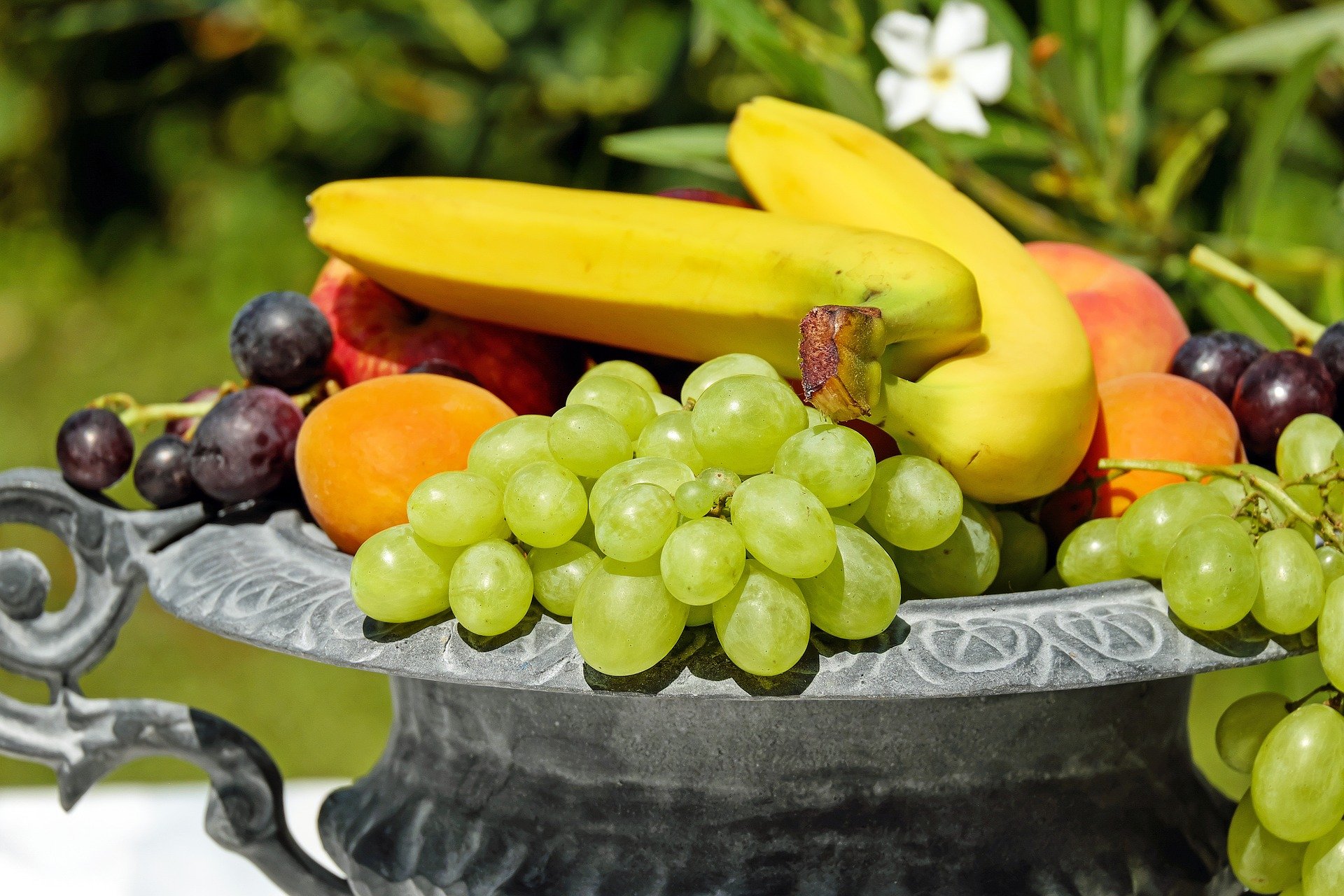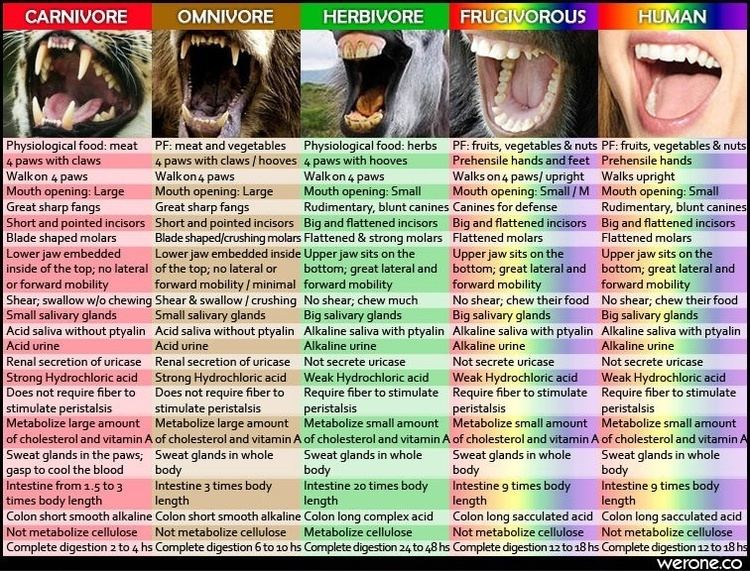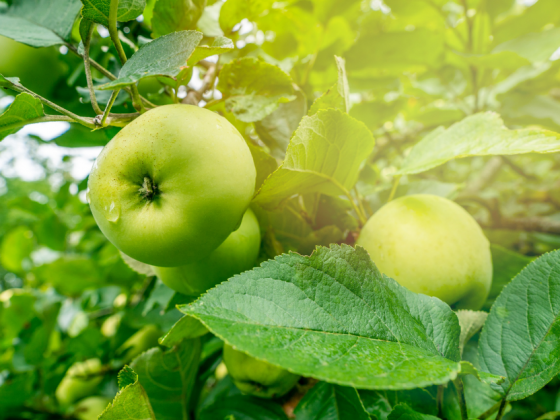When comparing the overall nutritional value of numerous different diets (vegan, vegetarian, semi-vegetarian, pesco-vegetarian, and omnivorous), it was established by a 2014 study that the vegan diet was the most nutritionally complete. Can you hazard a guess as to which diet had the lowest score? The omnivorous diet. This begs the question, are human beings really an omnivorous species?
Let's explore this briefly! If you put someone in a room with a baby chicken and an apple. Will they play with the apple and eat the chicken, or will they play with the chicken and eat the apple? I know what I would do!

Try this experiment if you have young babies who have not long been eating solid foods. Children this age have not been subject to society's nutrition programming, so they will intuitively make nutrition choices from their hearts. Fill a table with cooked meats, cooked vegetables, salad, nuts, grains, and fresh tropical fruit. Then see which food your baby is attracted to first by looks and then by taste. They will always be captivated by the bright tropical colors of the fruit and mesmerized by the fruit's sweet exotic taste.
Let’s dive a little deeper. How do you feel when you see an injured animal that you would typically consider to be food. We’ll use an injured calf for the sake of this example, and we’ll assume you like to eat veal—the meat from calves, mostly pure-bred male dairy calves. So you’re walking in nature and come across an injured five-month-old calf (around the age they are slaughtered for veal). The baby male calf has cut its leg on a barbed wire fence, and his leg is bleeding. How do you feel? What is your initial instinctual response to the situation? Are you thinking, what good fortune I have, the calf is injured, so this will be an easy meal? In this situation, a true omnivore or carnivore would instinctively be thinking this way because they are predatory meat-eaters. However, I’ll have the audacity to say that a regular person not suffering from any serious psychological problems would be overwhelmed with feelings of compassion for the baby calf and feel compelled to help the animal in any way they could, given the circumstances. Almost all human beings are against animal cruelty, animal neglect, and animal abuse. Human beings are naturally kind, loving, and compassionate!
Dr. Alan Walker, an anthropologist of John Hopkins University in Maryland, concluded from his research which consisted of careful examination of fossil teeth and fossilized human remains, that early humans were once exclusively fruit eaters. In fact, Dr. Walker and his colleagues are absolutely sure that early humans (Australopithecus) were total fruitarians until relatively recently. They were definitely not meat-eaters or even eaters of nuts, seeds, shoots, leaves, or grasses, nor were they omnivorous.
"Every tooth examined from the hominids of the 12 million year period leading up to Homo Erectus appeared to be that of a fruit-eater."
—Dr. Alan Walker
At its core, Dr. Walker's research shows that although humans are a frugivorous species that has adopted omnivorous and carnivorous eating habits, we are still a species of fruit-eaters biologically. From the perspective of anthropology, our closest animal relatives are the anthropoid apes (anthropoid means "resembling man" or "man-like"). This species includes gorillas, monkeys, and chimps, all of whom are frugivores. And from the perspective of physiology, our human biology and digestion most closely resemble our closest cousin in the animal kingdom, the orangutan. Astonishingly, human DNA genetic material is well over 95% identical to that of an orangutan. Humans, like other primates, monkeys, and apes, once developed solely on fruits. We are a frugivorous species!

Contact me (Jay) today to learn more about the profound healing and health-promoting benefits of a plant-based whole food diet that is high in fresh fruit or click on the bookings button below to schedule your 1-on-1 private consultation.
jay.eyears@gmail.com



